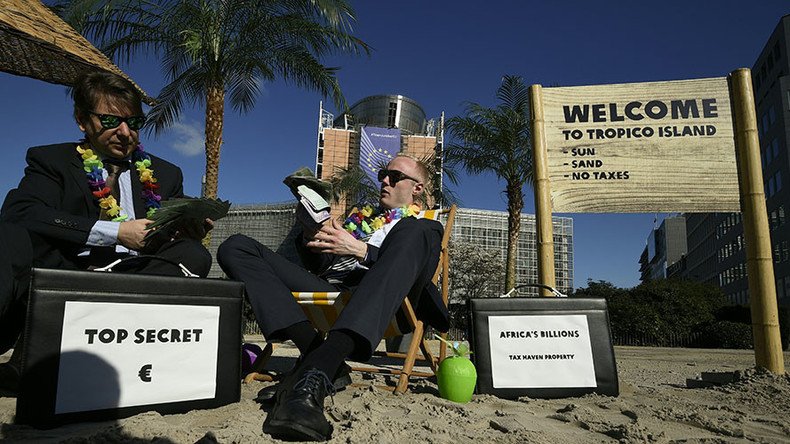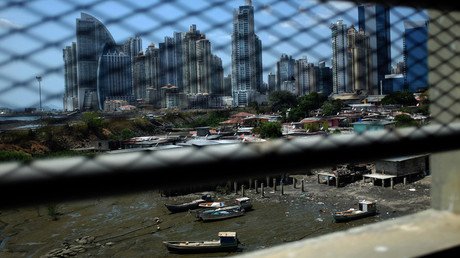Oxfam slams World Bank for investing in firms using tax havens

Fifty-one of 68 companies doing business with World Bank funds on projects in sub-Saharan Africa in 2015 used tax havens, according to a report released by global charity Oxfam.
Eighty-four percent of investments promoted by the International Finance Corporation (IFC), a member the World Bank Group, went to firms using the tax haven of Mauritius to hide wealth and dodge tax, the charity claims.
The report also discloses that IFC has more than doubled its investment in companies that use tax havens in five years – from $1.2 billion in 2010 to $ 2.87 billion in 2015.
“There is a critical misalignment between where large companies declare their profits and where their real business is located. For example, in 2012, US multinationals alone shifted $500 billion-$700 billion, or roughly 25 percent of their annual profits, mostly to countries where these profits are not taxed, or taxed at very low rates,” the report said.
The accusations from Oxfam follow the Panama Papers scandal which revealed multinational tax evasion and shady financial practices.
"The IFC and Tax Havens" new 20 page report from @Oxfamhttps://t.co/N19aVUMpBY#gijntools#taxhavens#worldbankpic.twitter.com/iap7ZZy3Eb
— GIJN (@gijn) April 11, 2016
IFC has described the Oxfam report as flawed.
“The report implies that all offshore jurisdictions or offshore financial centers (OFCs) are tax havens simply by virtue of being offshore and that investment in multinational enterprises (MNEs) necessarily leads to tax evasion,” IFC spokesman Frederick Jones told Reuters.
Oxfam slams World Bank for funding multinationals using tax havens. I speak with Oxfam's Dr Helen Szoke https://t.co/f2VEKVql7t@ABCNews24
— Peter Ryan (@Peter_F_Ryan) April 11, 2016
The channeling of World Bank finances to tax havens is evidence that the international tax system is broken, according to Oxfam Australia's chief executive Dr. Helen Szoke.
“Oxfam is calling on the World Bank Group to put safeguards in place to ensure that its clients can prove they are paying their fair share of tax,” said the report.













